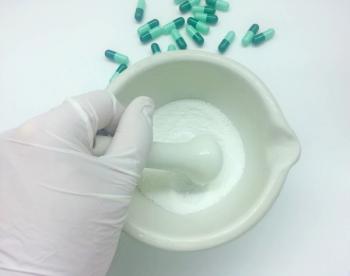
Brian Serumaga, PhD, of US Pharmacopeia (USP) discusses the revisions to compounding chapters <795> and <797> and the resources available to help pharmacists update their practices.

Brian Serumaga, PhD, of US Pharmacopeia (USP) discusses the revisions to compounding chapters <795> and <797> and the resources available to help pharmacists update their practices.

A compliance officer role represents an exciting new challenge to ensure safe handling in compliance with United States Pharmacopeia.
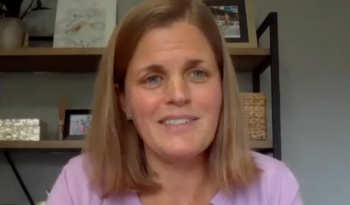
This World Standards Week, Carrie Harney, JD, vice president, US Government and Regulatory Affairs at US Pharmacopeia (USP), explains how pharmacists contribute to USP’s standards setting process.
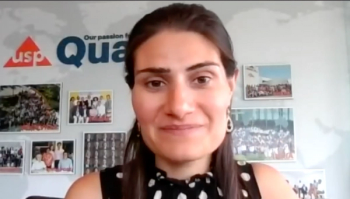
Farah Towfic, PharmD, MBA, RPh, director, CEO Operations, US Pharmacopeia, details some of the moments that led her to the pharmacy field and the important role that mentorship played in that process.
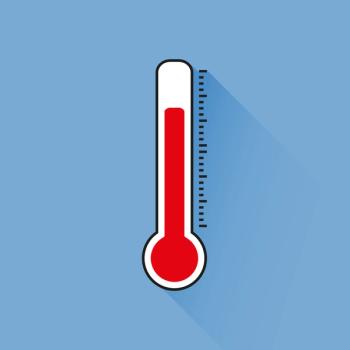
Desmond Hunt, PhD, senior principal scientist at US Pharmacopeia (USP), discusses the standards and resources that USP has recently published or is looking at now on the subject of pharmacy in transit.
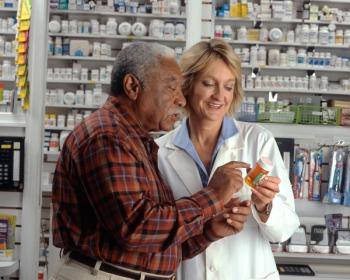
Amy Cadwallader, PhD, director of Regulatory and Public Policy Development at US Pharmacopeia (USP), discusses how medicine quality and the medicines supply chain can affect antimicrobial resistance (AMR).

Nakia Eldridge, PharmD, MBA, director of health care quality, safety, and information at US Pharmacopeia (USP), discusses points of note regarding USP’s work in setting and supporting public quality standards.

Nicole Palmer, senior manager of Volunteer Engagement at US Pharmacopeia (USP), and Michelle Then, PharmD, MBA, member of the USP Healthcare Safety and Quality Expert Committee, discuss the benefits of being a volunteer at USP and the opportunities for students and early career pharmacists.

USP 800 was a necessary step to maximize safety, but it also recommended many institutions reevaluate their facilities, equipment, processes, and staffing capacity, potentially costing millions of dollars.

Vimala Raghavendran, MBA, head of the Pharmaceutical Supply Chain Center at US Pharmacopeia (USP), explains how pharmacists can get involved in USP’s Medicine Supply Vulnerability Insights Series assessing global pharmaceutical supply chain vulnerabilities.

Diane McCarthy, director of biologics pipeline development at US Pharmacopeia (USP), discusses USP’s development of mRNA quality guidelines to help companies and regulators bring innovative medicines to market faster.

Ronald T. Piervincenzi, CEO of US Pharmacopeia, discusses how building resilience in the medicine supply chain will help bolster preparedness for what may arise during the COVID-19 pandemic and beyond.

Ronald T. Piervincenzi, CEO of US Pharmacopeia, discusses contributing factors leading to health care professionals experience of an erosion of trust in the medicine supply chain.
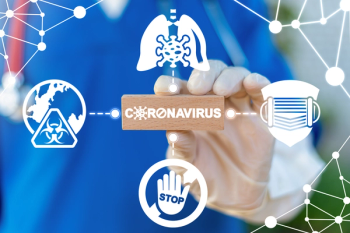
Ronald T. Piervincenzi, CEO of US Pharmacopeia, discusses how drug shortages are related to medicine quality issues.

Ronald T. Piervincenzi, CEO of US Pharmacopeia (USP), discusses recent survey data demonstrating 90% of physicians had experienced an erosion of trust in the US supply chain’s ability to deliver safe, quality medicines.

Emily Kaine, MD, senior VP global health and manufacturing services at US Pharmacopeia (USP), discusses the work USP is engaged in to strengthen the global supply chain of quality-assured medicines and build manufacturing capabilities for new and innovative medicines.

Ronald T. Piervincenzi, PhD, CEO of US Pharmacopeia, explains how pharmacists and USP came together in 2021 to work harder than ever before, as well as what can be done now to prepare for the next health crisis.

Ronald T. Piervincenzi, PhD, CEO of US Pharmacopeia, discusses the challenges that lie ahead as we move into the third year of the COVID-19 pandemic, as well as other major developments on the horizon for pharmacists in 2022.

Ronald T. Piervincenzi, PhD, CEO of US Pharmacopeia, discusses what stands out as the biggest challenge from the past year and what role USP and pharmacists had in overcoming that challenge.

Nakia Eldridge, PharmD, MPH, senior manager of health care quality, safety, and information at US Pharmacopeia (USP), and Lindsey Clawson, MBA, USP’s lead of COVID-19 vaccine strategy, discuss the latest updates in USP’s COVID-19 Vaccine Handling Toolkit.

These materials are present in some angiotensin II receptor blockers used to treat heart failure and high blood pressure, and they have the potential to cause cancer.
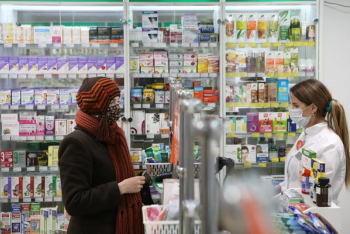
World Standards Week is October 25 to 29, so Pharmacy Times interviewed Jaap Venema, PhD, EVP and CSO at USP, on some of the key shifts that have occurred in USP’s standards development during the COVID-19 pandemic.

Donna Bohannon, RPh, MS, principal scientist at US Pharmacopeia (USP), and Bhumi Khambholja, PharmD, MSHI, project manager of Wisconsin Health Literacy, discuss how to adopt USP standards for labeling to increase health equity.

Patricia C. Kienle, RPh, MPA, BCSCP, FASHP, director of Accreditation and Medication Safety at Cardinal Health and member of US Pharmacopeia’s (USP) Compounding Expert Committee, and Nicole Palmer, the senior manager of USP Volunteer Operations, discuss USP’s volunteer program.

Prescription labels have a lot of details on them, which can make it difficult for patients to find and use important information.
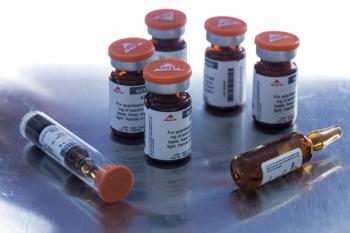
In this third video in a series collaboration between Pharmacy Times and USP, Jeanne Sun, PharmD, JD, counsel, legal at USP, discusses information to help pharmacists counsel patients on quality expectations in the pharmacy.
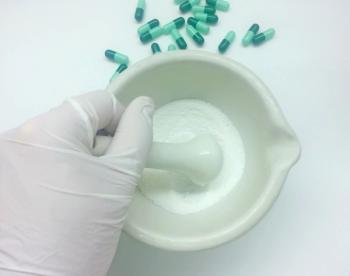
Understanding the categories is key to evaluating and making decisions about outsourcing products or improving internal production standards.

Edwin Gump, PhD, vice president of the Small Molecules Department at US Pharmacopeia (USP), discusses USP’s reference standards that support the analysis and monitoring of nitrosamine impurities in the drug supply chain.

Pharmacy Times® interviewed the CEO of US Pharmacopeia (USP) Ronald Piervincenzi, PhD, to discuss USP’s history, the role of the pharmacist both in that history and in USP’s work today, and USP’s outlook on the future of pharmacy.

For World Immunization Week, Pharmacy Times® interviewed Nurisha Wade, MBA, VP of Global Healthcare Quality & Safety Center of Excellence at US Pharmacopeia (USP), and Farah Towfic, PharmD, MBA, director, CEO of Operations at USP, on USP’s COVID-19 Vaccine Handling Toolkit.